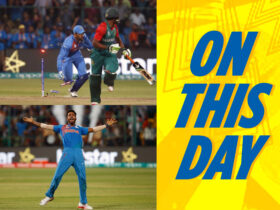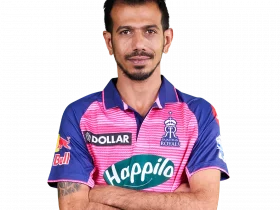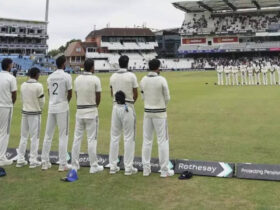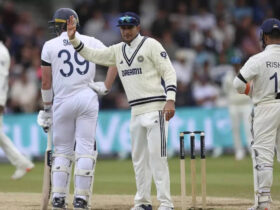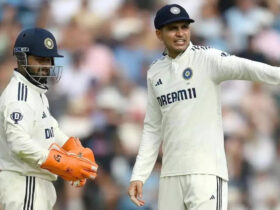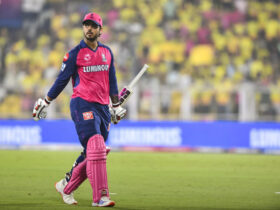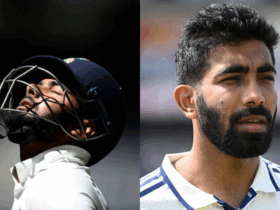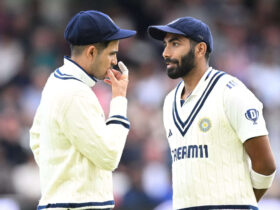In a shocking and controversial outburst, former Pakistan cricket star Shahid Afridi has blamed the Indian Army for the tragic Pahalgam terror attack in Jammu and Kashmir, which claimed 26 lives. Speaking on Pakistan’s Samaa TV, Afridi didn’t hold back, labeling the Indian security forces as ‘nalayak’ (incompetent) and ‘nikamme’ (useless) for failing to prevent the attack despite their significant presence in the region.
‘You have an 800,000-strong army stationed in Kashmir, and yet this tragedy occurred. It clearly shows your inefficiency if you couldn’t ensure the safety of the people,’ Afridi remarked, stirring a fresh wave of controversy across borders. His comments come at a time when tensions between India and Pakistan remain high, especially in the wake of recurring terror incidents in the Kashmir valley.
Afridi also took a swipe at the Indian media, accusing them of sensationalism and turning serious issues into what he called a ‘Bollywood drama’. ‘It’s astonishing how, within an hour of the attack, their media becomes Bollywood. For God’s sake, don’t turn everything into a spectacle,’ he said, adding that he found their coverage amusing yet disappointing.
The former all-rounder, known for his aggressive style on and off the field during his playing career, didn’t stop there. Without naming specific individuals, Afridi criticized certain former Indian cricketers for allegedly pointing fingers at Pakistan without evidence. ‘There are two cricketers who have played extensively for India, served as ambassadors, and been top players, yet they directly blame Pakistan. Show us some proof,’ he challenged.
Referencing past incidents, Afridi brought up Kulbhushan Jadhav, an Indian national currently imprisoned in Pakistan on espionage charges, and Wing Commander Abhinandan Varthaman, who was captured during the 2019 Indo-Pak aerial conflict and later released. ‘We’ve given you proof. One is still with us, and the other we returned after offering him tea,’ he stated, emphasizing Pakistan’s stance on providing evidence while demanding the same from India.
Adding another layer to his contentious remarks, Afridi hinted at India’s involvement in unrest in Pakistan’s Balochistan region. ‘Everyone knows who is behind what’s happening in Balochistan. We never made baseless allegations; we provided proof to India and the world,’ he claimed, further escalating the rhetoric.
This isn’t the first time Afridi has made headlines for his outspoken views on Indo-Pak relations. The 43-year-old, who played 27 Tests, 398 ODIs, and 99 T20Is for Pakistan, scoring over 11,000 international runs and taking 541 wickets, has often been at the center of political and cricketing controversies. His latest comments are likely to reignite debates over the role of cricketers in commenting on sensitive geopolitical issues.
As the dust settles on this tragic incident in Pahalgam, Afridi’s remarks have added fuel to an already volatile situation. While his words resonate with some in Pakistan, they are bound to draw sharp criticism from Indian quarters. The question remains—should former athletes like Afridi leverage their platform to voice such divisive opinions, or should they focus on bridging gaps through the spirit of sport?


